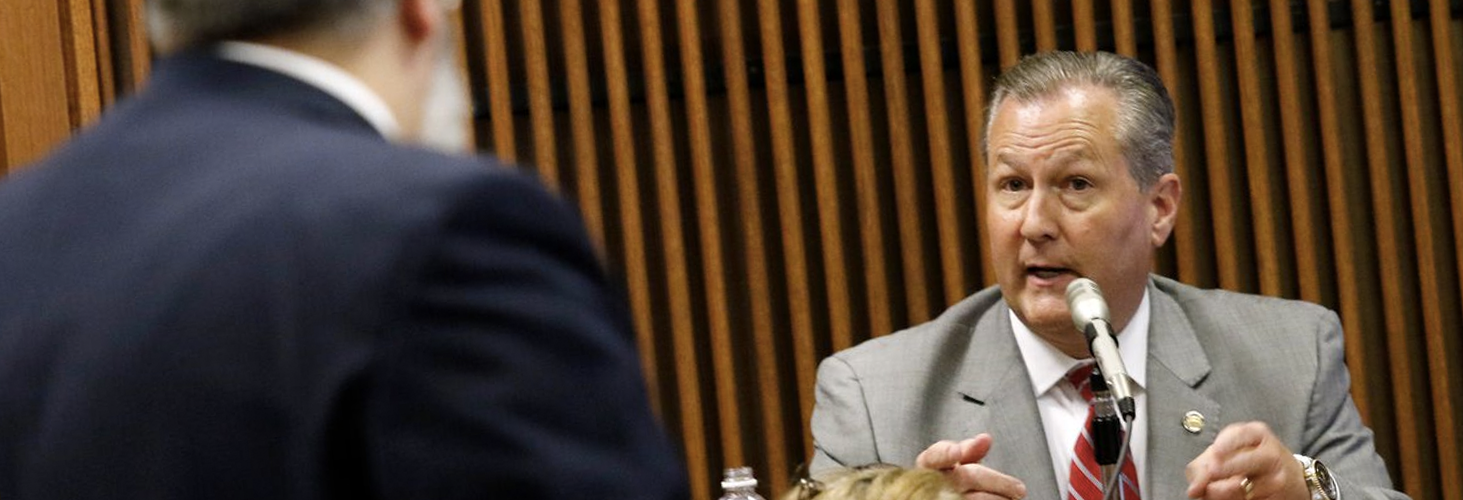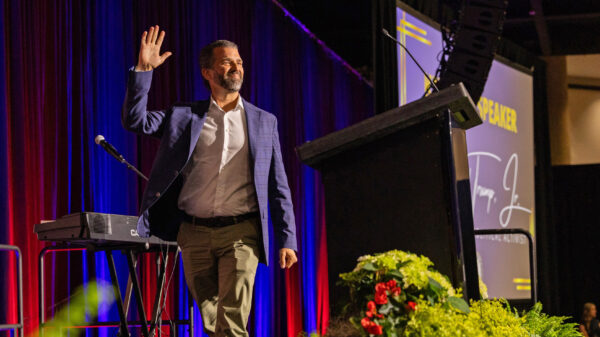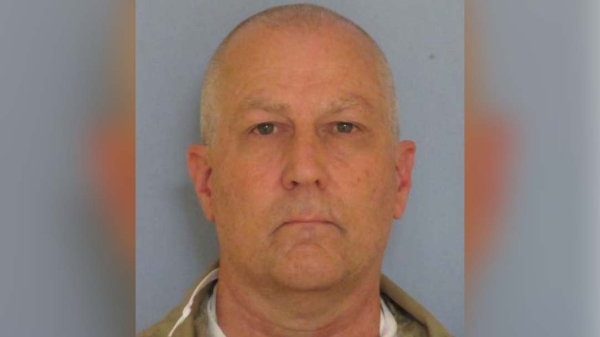By Bill Britt
Alabama Political Reporter
A recently discovered “short list” of potential special prosecutors is shedding light on why former Gov. Robert Bentley may have appointed Steve Marshall as the state’s attorney general.
During Speaker of the House Mike Hubbard’s criminal investigation, his lawyers, political allies and donors repeatedly called for Bentley to replace Chief Prosecutor Matt Hart. Until recently, it was not publicly known that Bentley had considered removing Hart and even compiled a roll of potential replacements with Marshall topping the list.
Marshall’s elevation from obscure former Democrat district attorney from a small rural county to the state’s chief law enforcement officer didn’t seem to make sense at the time. But neither did Bentley’s choice of then Attorney General Luther Strange to fill the U.S. Senate seat vacated when Jeff Sessions was tapped as U.S. attorney general by President Donald Trump.
Wide speculation holds that Bentley and Strange struck a deal to thwart a grand jury investigation into questionable action by Bentley and his former aid, Rebekah Caldwell Mason. No quid pro quo between Bentley and Strange has been proven; but it remains the prevailing narrative.
But why Marshall?
Marshall was first appointed to Marshall County district attorney in 2001 by then Democratic Gov. Don Siegelman. He rarely engaged in public corruption cases choosing rather to farm them out to career prosecutors in neighboring counties. Despite his lack of public corruption experience, or having ever managed an office of more than a few employees, Bentley set Marshall over the state’s expansive justice apparatus.
Bentley made a show of interviewing several seasoned lawmakers, prosecutors and other qualified individuals before settling on Marshall. Reportedly, Marshall was always on Bentley’s short list because he had previously informed Bentley that he was running for attorney general in 2018.
But it was Bentley’s willingness to placate Hubbard and his cronies that brought Marshall into the governor’s orbit and led to his eventual appointment as attorney general. Other district attorneys were considered as Hart’s potential replacement, but according to those present at the time, it was Marshall’s eagerness to please and his record of backing away from public corruption cases that appealed to Bentley and his chief advisors.
In the fall of 2013, it is believed that Hubbard approached Bentley, asking him to remove Hart from the Lee County investigation by using an exceptional judicial standard practiced during Gov. Bob Riley’s attack on bingo halls across the state. Known as the “Cornerstone Ruling,” the governor can assert power over an attorney general’s investigation if he feels the AG is not handling the procedures correctly.
Text messages provided to The Alabama Political Reporter, and statements made by those in Bentley’s administration at the time, claim powerful businessman, Jimmy Rane, intervened on Hubbard’s behalf with Bentley on several occasions.
Bentley also received entreaties from Billy Canary, the CEO of the Business Council of Alabama, to appoint a special prosecutor. Rane and Canary are believed to have used a series of PACs to funnel money to Hubbard for his criminal defense. And some allege that a substantial contribution was promised to Bentley if he would employ Riley-style tactics to help Hubbard.
While Bentley eventually backed away from the scheme proposed by Hubbard and his allies, it nevertheless solidified Marshall’s reputation for avoiding public corruption cases in Bentley’s mind, according to those who advised him on Marshall.
Marshall, who is running for attorney general, is receiving generous contributions from those who supported Hubbard and allegedly sought to have him appointed the special prosecutor in the Hubbard case.
In an earlier report by APR, David Ferguson, who is handling Marshall’s campaign said, “Marshall has made it clear that he is not accepting contributions from those who are under state or federal investigation. The campaign has already rejected contributions that are deemed inappropriate from both corporations and individuals.”
Ferguson declined to identify the source of the donations returned.
Despite the denial, Marshall has taken several contributions from those close to Hubbard, including thousands from Rane.
Marshall claims he had no knowledge of Bentley’s investigation prior to his appointment, which has been questioned by Alice Martin, former attorney general chief deputy under Strange who helped lead the Bentley investigation.
At his introductory press conference in early February, Marshall said at the time that he didn’t know about the investigation, that he hadn’t been briefed yet, but planned to speak to his new team and then make a public announcement. Two days later, he acknowledged the investigation and recused himself.
However, according to Martin, she had briefed him on “an open and active investigation into the Governor,” three days before the press conference.
Later, Marshall recused himself from the investigation and turned it over to former Montgomery District Attorney Ellen Brooks. Bentley eventually pleaded to misdemeanor charges, which Martin says, “was a slap on the wrist,” and others have said was a slap in the face of the criminal justice system.
Marshall’s propensity to avoid messy trials involving politicos is seen as a strength and not a weakness by some big time political donors.
From Democrat to Republican, from small-time DA to the state’s top cop, Marshall’s appointments have always come from men who would later face indictments and convictions.



















































